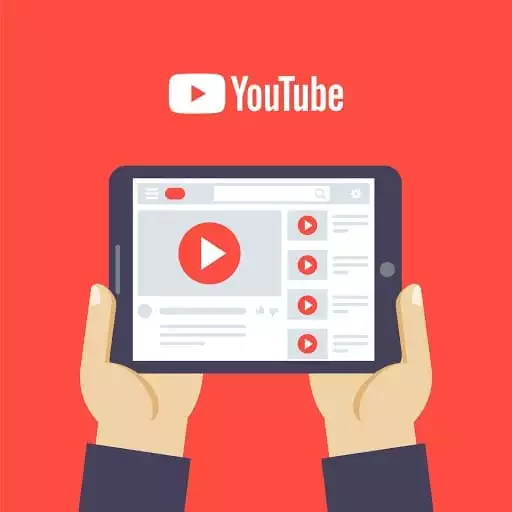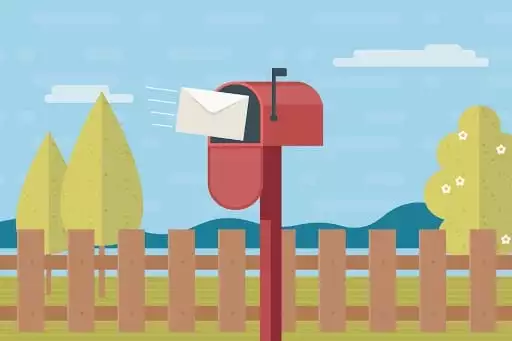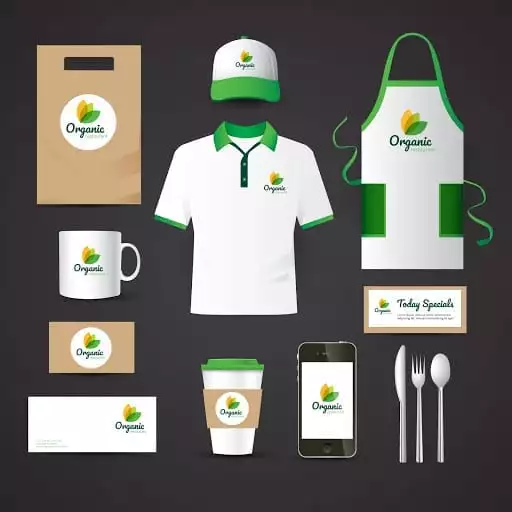Important fundraising stats from 2018
Looking for the most important fundraising stats from 2018? Find the best social media, marketing statistics and more that can benefit your organisation!
Data is often called the “gold of 21st century”. It is primarily collected and analysed from various sources across the globe, therefore making it one of the primary essentials for any fundraising campaign.
And in today’s digital age, technology has steadily grown to be the de facto source of most fundraising activities, and knowing which insights have the most impact is crucial for all non-profit organisations.
Advertisement
The statistics below intend to explain the thought processes and habits of donors today. They also point towards the methods which can help you maximise your efforts and reach them better.
Knowing which channels your donors actively frequent and how to effectively use those digital media channels, gives your nonprofit high chances of year-end success.
So, keep reading to know the most important fundraising statistics from 2018.
1. 72% of NGOs worldwide agree that social media is effective for online fundraising
Source: 2018 Global NGO Technology Report
Ever since the appearance of Facebook, Instagram, and Youtube (among a host of other social network channels), social media has taken the world by storm. Hence, it is wise to spend time and effort in making sure you have a top-notch social media strategy in place.
There are many ways to make your initiative stand out – advertising and sponsored posts being a prime example. It is the easiest, fastest and the most effective method of fundraising in 2018 – as it has been for the past few years now.
2. 63% of NGOs regularly send email updates and fundraising appeals to donors
Source: 2018 Global NGO Technology Report
Just in case you thought the era of electronic mailing is long gone – think again. While social media is ubiquitous, people still check their email. In fact, people spend more time on email than ever before. Hence, it is a must to have a email marketing strategy in place.
Your emails must include updates on your nonprofit’s work to motivate them to donate, as well as fundraising appeals from time to time.
Too frequent emailing could land you straight into spam, and so can using “spammy” language.
3. 30% of annual giving occurs in December
Source: NonProfitsSource
Chalk it up to procrastination, if you will, but facts show that December is by far the most important month for charities.
Over 50 percent of charitable gifting occurs in December.
Hence, it is crucial to time your social media strategy and emailing strategy well; starting to build up steam during the fall, and steadily increasing your efforts as December approaches.
Your direct mail strategy should also incorporate this in mind – too early and your mail lands in the bin and too late means lost donations.
4. Over 1.3 billion people use Facebook Messenger worldwide
Source: Statista
Over time, Messenger has become increasingly popular as a direct communication channel. In the last few years, however, Facebook introduced Ads for Messenger, which shows promise as a game-changer for direct marketing.
Messenger Ads are more personal since they can be fine-tuned for any demographic that you deem fit.
Further, you can completely automate your Messenger advertisement strategy, by using chatbots. Some popular chatbot builder platforms are ManyChat and Chatfuel which allow you to build fun experiences for your messenger subscribers.
Messages sent over Messenger have been seen to get an 88% open rate and 56% click through rate which is incredibly powerful for any fundraising campaign.
5. YouTube brings in nearly 50 billion videos views daily
Source: fundraising.co.uk
Video (and in essence, YouTube) marketing is one of the most expressive ways of ensuring donations. A well-thought-out video illustrating why your nonprofit matters can bear dividends on your initial investment.
Short, thoughtful videos which call for action to donate have promise for great impact among your prospective donors.
YouTube’s universal reach is only increasing by the day, and you can utilise this fact by putting up more ads. Further, you can promote your videos using all other social media channels!
6. Direct mail increases online donations by a massive 40%
Source: Dunham and Company
It might come as a surprise that an increasing number of millennials look forward to opening the mail in their mailbox. Direct mailing has not lost its charm yet, although the numbers are slightly decreasing year by year.
Nevertheless, the impact that direct mail creates on someone who intends to donate is unparalleled by any other medium. It is the most personal form of marketing next to going door-to-door.
Having a strategy in place could help you gather more and more donations, particularly online ones by leveraging QR codes and other scannable material in your direct mail marketing.
7. Subject lines have a huge impact on your mailing list success
Source: SendGrid
While considering email marketing, your subject line is the first point of contact with the lead. Statistics show that adding links and hashtags to your subject lines prove to be detrimental towards positive outcomes.
You should also take care of the words you’re using in the subject, since “yesterday” and “tomorrow” inspire more action than using “today”. Further, having 3 words in the subject line gathers much more interest than ones having 7 words, which happens to be the most common subject length.
8. 60% of millennials expect consistent brand experiences across channels
Source: SDL
A testament to the fact that having a well thought-out and uniform experience across web and social media pays off is the statistic you see above. It is increasingly evident that making sure your YouTube, Instagram, Facebook, emails, direct mailing and any other methods you may use to further your fundraising should always convey the same basic message.
Having your message being distorted because of mismatched social media content could seriously hurt your chances at securing new donors and more funds for your initiative.
9. 54% of donors prefer to donate online
Source: 2018 Global NGO Technology Report
Having online payment strategies set up properly is crucial to fundraising success in 2018. Since around half the payments are done online, it is best to have PayPal and online payment services like Stripe set up properly. Further, most millennials spend hours daily on the internet – and making it easier for them to donate is another way of ensuring your fundraising efforts effectively help you hit your targets.
10. Online donations on #GivingTuesday went up 28 percent in 2017
Source: Blackbaud
Just as December is when donations start to pour in, another time when donations are becoming increasingly popular is Giving Tuesday. The Tuesday right after Thanksgiving is now becoming another hot time to shape your overall marketing strategy, in order to make sure enough donations pour in at both times of the year. Beginning your emailing and social media ads around August will help you have a lead over most other fundraisers. In today’s competitive environment, this is one of the best ways of making sure the donations keep on coming and your initiative keeps contributing to the world.
Steve Page is the VP of Digital Strategy for Giant Partners, a full service digital marketing agency that accelerate leads and drive sales. Steve has been in the digital marketing industry for 10+ years and enjoys keeping up with the latest trends for the success of his clients. When he is not focused on marketing, he is enjoying the outdoors in one way or another.
More statistics and SEO advice
- Two in three charity websites face negative impact from Google’s core web vitals (15 July 2021)
- SEO copywriting for a content writing strategy (12 May 2017)
- 10 need-to-know fundraising statistics for 2017 (31 March 2017)












